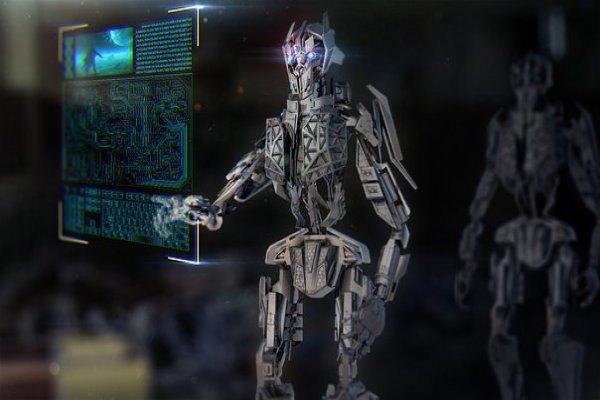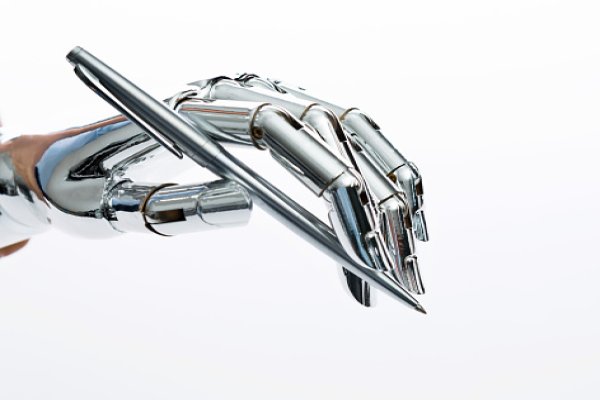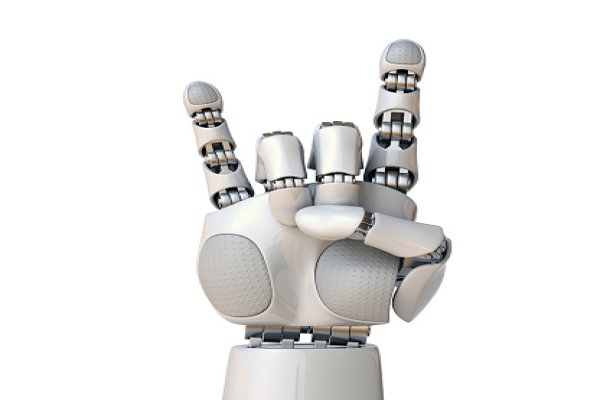At ICRA 2023, which will occur in London from May 29 to June 2, the foremost robotics researchers from academia and industry will assemble. Competitions are conducted at the conference to drive forward advancements in robotics.
The wrestling competition will feature the greatest algorithms controlling intelligent humanoid robots battling it in a wrestling match.
Competition happens in a simulated environment, but the 3D figures represent true digital counterparts of actual robots called NAO. Thus, their Artificial Intelligence could be easily transferred to the physical bodies of these real robots.
Digital Twin: A Digital Representation Of a Real Robot
The programming interface provides access to the sensors and motors equipped on each robot. The controller program utilizes these devices, like camera images, to measure data. It is then used to send motor commands that allow the robot to move around to outmaneuver its opponent.
Each contestant can submit a maximum of multiple controller programs. For every new submission, a set of matches will be executed on the cloud, and everyone can watch them as 3D animations on the leaderboard’s website without delay.
All Shots Allowed: No restrictions
The objective of the small contenders inside the ring is to knock down their adversary within three minutes. If this is not accomplished, the bot that occupied the most extensive area will be declared victorious.
All shots are permitted throughout the game, whether with a stick or throwing a small plastic duck. Because of the awkwardness that can ensue, watching these games can be quite amusing.
Open Source Software: 100% Free
GitHub is the basis of the entire competition system, and its use of open-source software, including Webots robot simulator, makes it easily accessible for any software programmer. The process of participation can be quickly reused to design a similar contest.
Open To All
Anyone can participate in the activity, despite needing fundamental knowledge of software engineering. Robots can be programmed using Python, Rust, C, C++, Java, or ROS.
There are no restrictions on the software libraries or programming languages that can be employed.
Mark Your Calendar!
This competition is open for registration until May 23, 2023. Registering as soon as possible is recommended to increase your chances of success. The timeline of the event is as follows: January 16, 2023 – Registration opens and qualification games start; May 23, 2023 – Selection of the best 32 teams; May 30, 2023 – 1/16 finals; May 31, 2023 – 1/8 finals; June 1, 2023 – 1/4 finals; June 2, 2023 – Semifinals, third-place game and final.
The ICRA 2023 conference in London will host the finals and make them available to view online in real-time, enabling remote participation.
The Grand Prize
The individual who prevails in the contest will be awarded one Ether crypto-currency. On February 3, 2023, its worth was USD 1,659; however, by June 2, it might have shifted drastically.
Open Science Is Being Developed Through Foresting
Cyberbotics Ltd., a Swiss-based company, is hosting the competition to push forward the use of open-source software tools and cloud-based simulations for robotics research. This will be an opportunity to make incremental progress in this field.
By capitalizing on open-source software and leveraging virtual machines in the cloud, the reproducibility of research results in robotics is made accessible to all. This allows researchers to build upon their peers’ findings, thus advancing incremental research that adheres to open science principles.
The idea of AI robots wrestling with open source is an exciting and promising development in robotics and artificial intelligence. With the increasing availability of open-source platforms, such as ROS and OpenAI Gym, more developers and researchers can create and test their AI algorithms for robot control and decision-making.
Applying these algorithms in robot wrestling can serve as a testbed for evaluating the effectiveness and robustness of AI systems in dynamic and uncertain environments. Additionally, using open-source platforms and datasets can promote collaboration and knowledge sharing among researchers, leading to faster progress and breakthroughs.
Source: opensource.com



